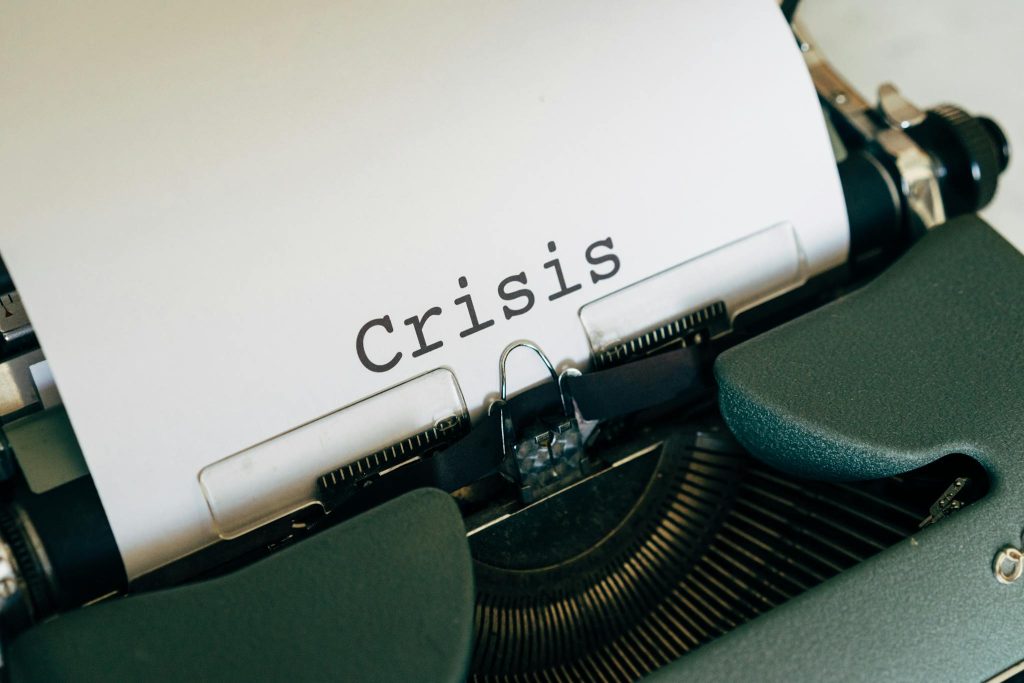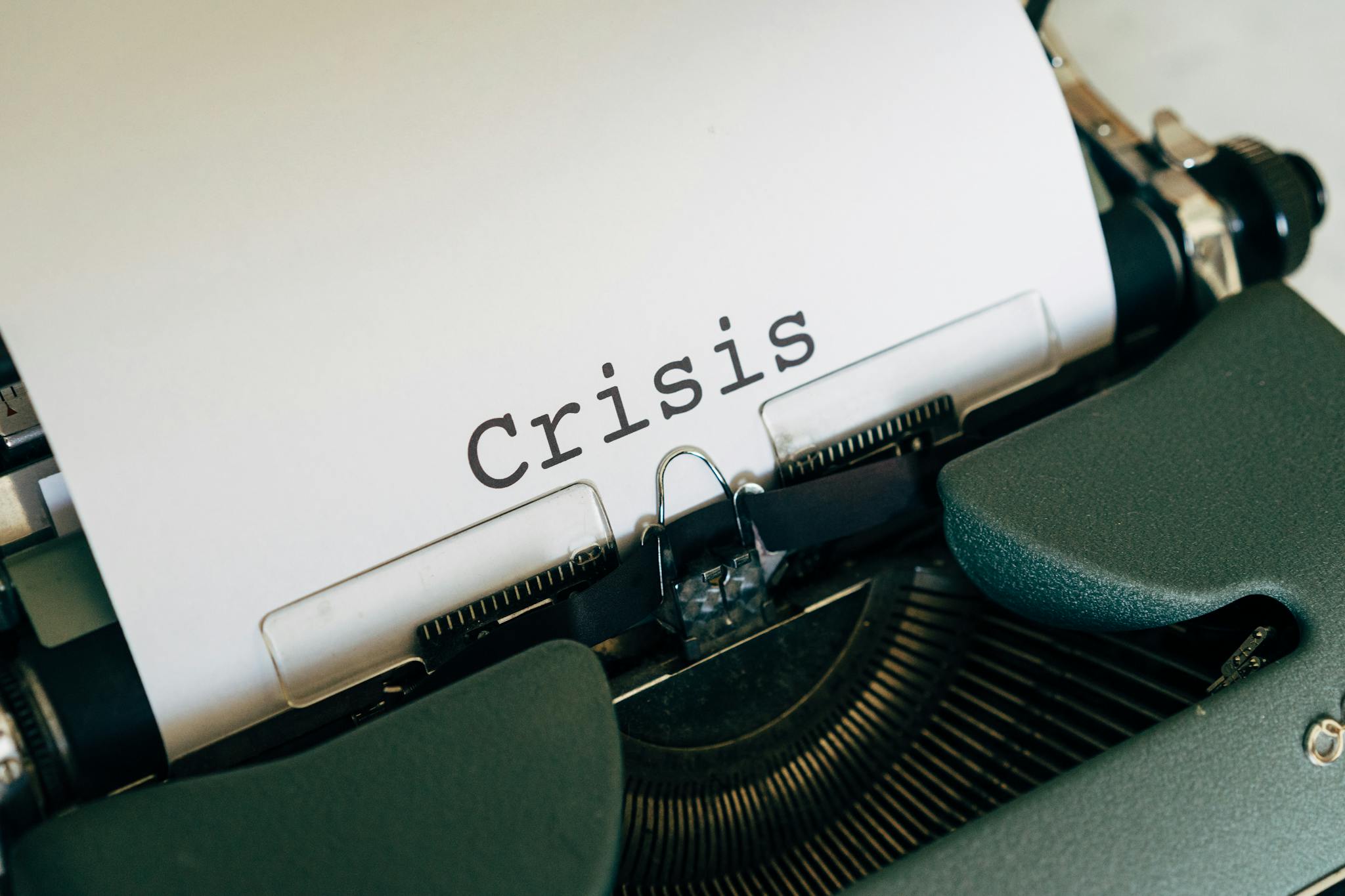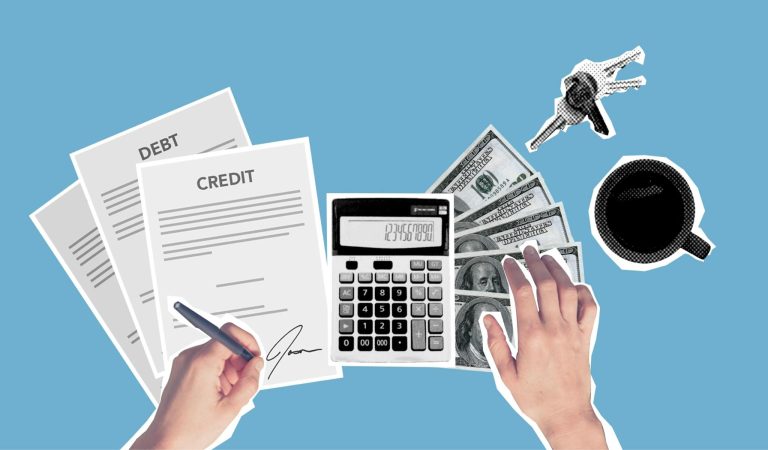The Hidden Costs of Payday Loans: A Closer Look
In today’s fast-paced world, many individuals find themselves in need of quick cash to cover unexpected expenses or emergencies. Payday loans may seem like a convenient solution, offering immediate access to funds without the hassle of credit checks or lengthy approval processes. However, what many borrowers fail to realize are the hidden costs associated with these loans, which can trap them in a cycle of debt.

Payday loans often come with exorbitant fees and sky-high interest rates, making them one of the most expensive forms of borrowing. While the advertised APR (Annual Percentage Rate) may seem relatively low, it doesn’t tell the whole story. These loans typically have short repayment terms, often two weeks to a month, meaning borrowers must repay the full amount plus fees in a short amount of time.
According to a study by the Consumer Financial Protection Bureau (CFPB), the average payday loan borrower pays $520 in fees for borrowing $375 over five months. This staggering cost can have severe implications for borrowers’ financial well-being, leading many to take out additional loans to cover previous ones, creating a cycle of debt that can be difficult to break.
It’s crucial for borrowers to understand the risks associated with payday loans before taking them out. While they may provide temporary relief, they can also exacerbate financial instability and lead to long-term financial hardship. Borrowers should carefully consider alternative options, such as negotiating payment plans with creditors, seeking assistance from nonprofit credit counseling agencies, or exploring government assistance programs.
At NeResponsibleLending.com, we believe in empowering individuals to make informed financial decisions. That’s why we urge readers to think twice before turning to payday loans as a solution to their financial challenges. By understanding the true cost of borrowing and exploring alternative options, borrowers can avoid falling into the payday loan trap and take control of their financial future.
For more information on responsible lending practices and alternatives to payday loans, visit the Consumer Financial Protection Bureau’s website: Consumer Financial Protection Bureau
The information provided in this blog post is for educational purposes only and should not be construed as financial or legal advice. Readers are encouraged to seek guidance from qualified professionals regarding their specific financial circumstances. NeResponsibleLending.com does not endorse or promote any specific financial products or services mentioned in this post.


